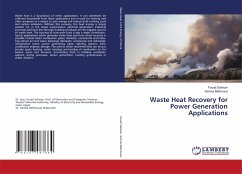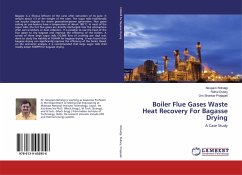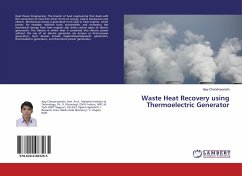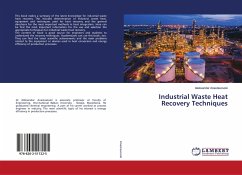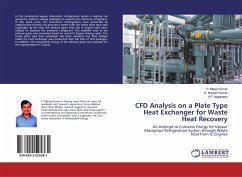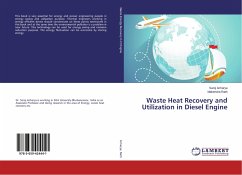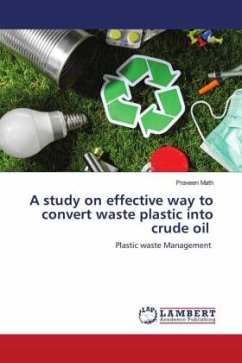Waste heat is a by-product of other applications. It can sometimes be collected (recovered) from those applications and re-used for heating and other purposes as a means to save energy and reduce both running costs and carbon emissions. Without this recovery, the heat energy is simply wasted. So, in the urban environment, electrical generators, industrial processes and heat lost through building envelopes are the biggest sources of waste heat. The burning of trans-port fuels is also a major contributor. Typical applications which generate waste heat and from which recovery is possible include boiler combustion gases; domestic, commercial and Indus-trial extract air; hot water discharge (domestic, commercial and industrial); refrigeration plant; power generating plant; lighting systems; kilns; combustion engines; sewage. The uses to which recovered heat can be put include space heating; water heating; pre-heating of combustion air for boilers; ovens and furnaces; pre-heating freshin building ventilation systems; drying processes; power generation; heating greenhouses in colder climates.

